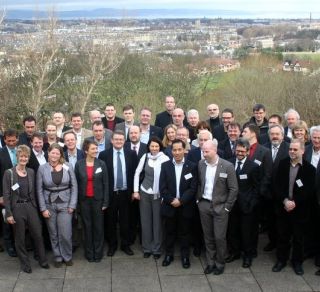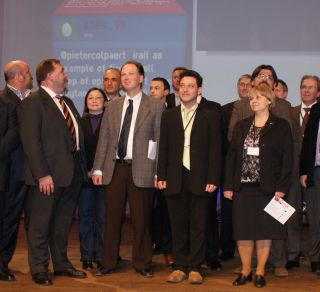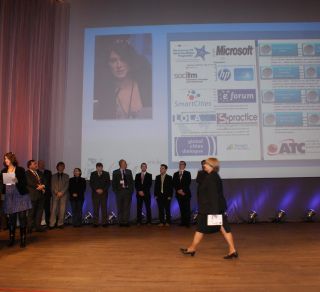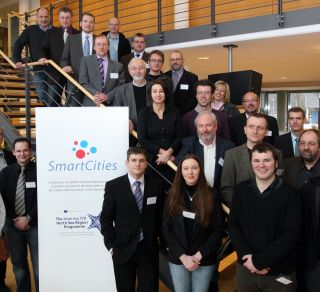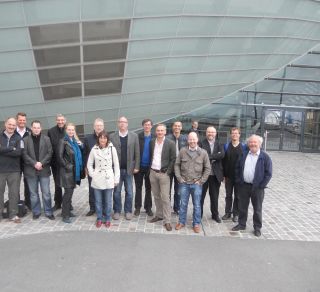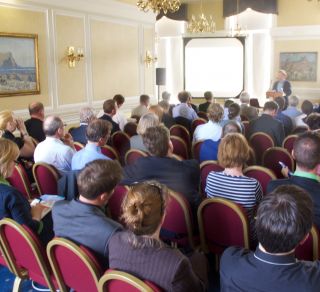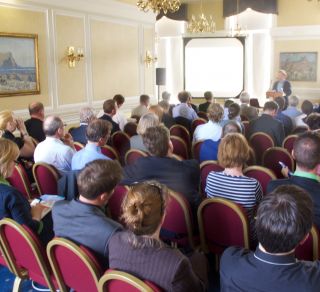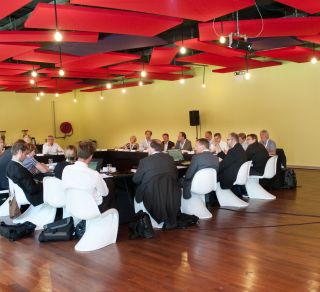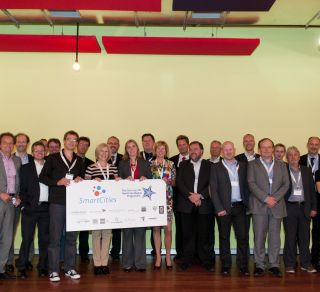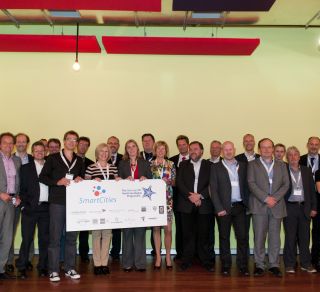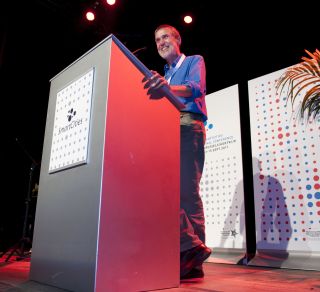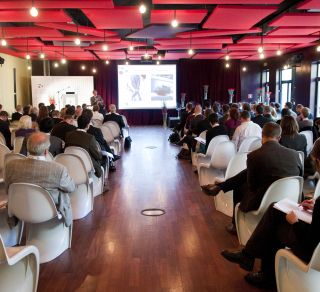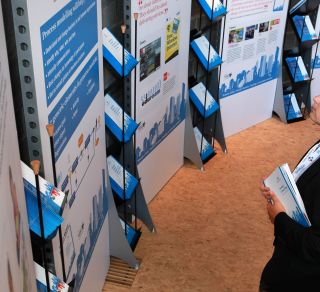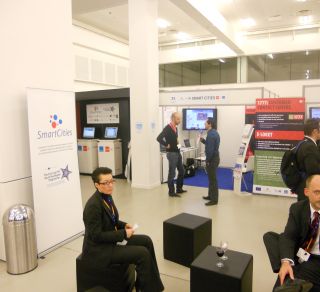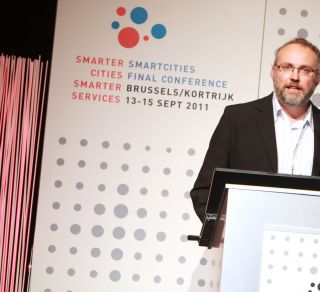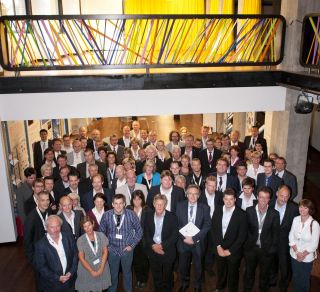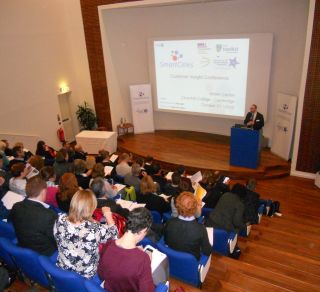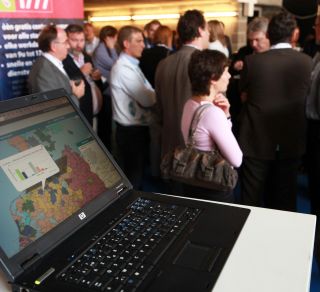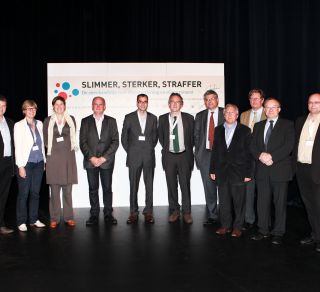 |
|

Smart CitiesSmart CitiesBackground and AimAim At the European level, the project supported the creation and growth of communities of practice across the North Sea Region building organisational commitment to and capacity for inter-regional government service sharing. Background Information exchange to planned co-designed public e-services and methodologies: Cities and public organisations around the North Sea are transforming their regions through e-Government strategies. Smart Cities believed that public services should not just be integrated but, crucially, co-designed using the triple helix. Public data should not just be shared, but be constantly refined through re-use, feedback loops and network evaluation. New public sector methodologies should be tested for user channel suitability and promotion. There was no EU solution for implementing an efficient regional innovation policy. Regions were tackling this challenge at different rates, using different methodologies, with limited success often ignoring existing methodologies, practices and support networks. Co-design, integrated mainstreaming and academic involvement would lead to transnational transferable methodologies and e-services. Regional authorities already at the forefront of e-Government best practice in national arenas worked together in Smart Cities to carry out transnational benchmarking, joint development and collaborative learning crosssectorally. This was supported by a transnational academic network which created a shared and validated model for the successful co-design, piloting and communication of practices, methodologies and tools. Where dissemination means “everybody knows”, mainstreaming means “everybody accepts solutions to be the best and plans to roll it out”.
Information HubSmart Cities Leaflet 2009
Customer profiling to target service delivery Smart Cities Project Guide Co-Design in Smart Cities Creating Customer Contact Centres - Smart Cities Creating Municipal ICT Architectures - Smart Cities Customer Insight Profiling and Service Design Guide - Smart Cities Smart ICT Architecture for Supporting Service Delivery in Smart_Cities Improving Business Processes and Delivering Better E-Ser vices - Smart Cities My City Online - Smart Cities Using GIS for Better e-Services in Smart Cities Creating Smart Cities - Lessons from the Smart Cities project Citadel Statement There are no related videos
|
